German Foreign Minister Annalena Baerbock recently urged the European Union to reduce its reliance on China, openly supporting an EU probe into the subsidies Beijing provides its electric vehicle industry. But is this simply a delaying tactic, designed to buy German car manufacturers time to reposition their EVs on a more affordable level?
Earlier this month, as concerns about Chinese cars overtaking European markets rose across the European Commission, the EU’s executive body announced an investigation into Chinese subsidies for EVs.
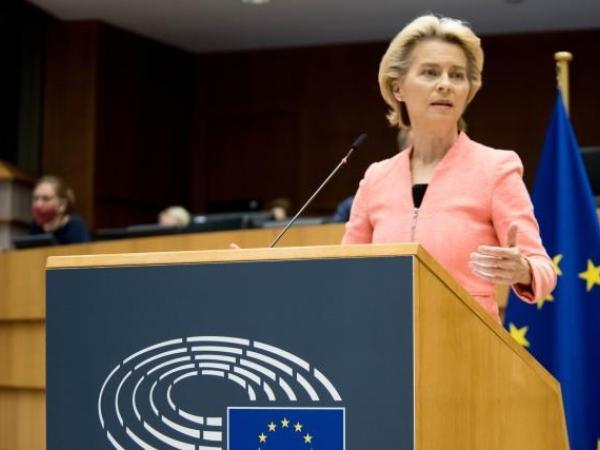
European Commission President Ursula von der Leyen said at the time: “Global markets are now flooded with cheaper Chinese electric cars, and their price is kept artificially low by huge state subsidies. This is distorting our market, and as we do not accept this distortion from the inside in our market, we do not accept this from the outside.”
While the EC is evaluating whether to levy tariffs above the current EU standard for cars of 10%, the Chinese Commerce Ministry has retaliated calling the EU’s move “a naked act of protectionism” warning the move may trigger a retaliatory measure by Beijing.
Last week, GlobalData journalists reported on the possible negative consequences that could arise from a trade war with China, especially if it results in a slowing of the green energy transition and spells wider harm to consumers.
German Foreign Minister Baerbock supported the EU’s decision during an interview with Bloomberg, saying: “If you are bound too closely you can endanger yourself.”
How well do you really know your competitors?
Access the most comprehensive Company Profiles on the market, powered by GlobalData. Save hours of research. Gain competitive edge.

Thank you!
Your download email will arrive shortly
Not ready to buy yet? Download a free sample
We are confident about the unique quality of our Company Profiles. However, we want you to make the most beneficial decision for your business, so we offer a free sample that you can download by submitting the below form
By GlobalDataGermany, in particular, would face significant consequences if reciprocal trade retaliations escalated into a full-blown trade conflict. German automotive giants such as Volkswagen, Mercedes-Benz, and Bayerische Motoren Werke have numerous manufacturing facilities in China.
Time is money
Regardless of the outcome of the conflict, it may appear that European manufacturers may benefit greatly if the EU were to buy them time to enhance their competitiveness, recast their profit margins and prepare their investors.
According to a recent Bloomberg article, “No Chinese EV is cheaper in Europe than a cut-rate Renault model“, although Chinese EVs are cheap in China, the same vehicles are not substantially cheaper in Europe, while European-made EVs may be overpriced at home judging by their Chinese price tags.
“Renault SA has for several years marketed the Dacia Spring as Europe’s most affordable electric car. The crossover built in China’s Hubei province starts at €20,800 in France, or €15,800 after a state subsidy.
“By comparison, when China’s top-selling EV maker BYD Co. announced pre-sale prices for the EV range it was starting to market in Europe a year ago, the most affordable model the company offered was the €38,000 Atto 3 sport utility vehicle. BYD hasn’t been alone in exercising some restraint rather than pricing for volume.
“Models from Chinese-owned brands including MG, Polestar and Nio sell for much more in key European markets than back home — a potential fly in the ointment for those who applauded Commission President Ursula von der Leyen’s announcement of the probe Wednesday in parliament,” Bloomberg.com
It seems therefore that the EU’s industrial action and the comments by the German foreign minister are best understood as state-backed delaying tactics by the EU designed to help EU (predominately German) automakers rather than geared to combat Chinese imports per se.


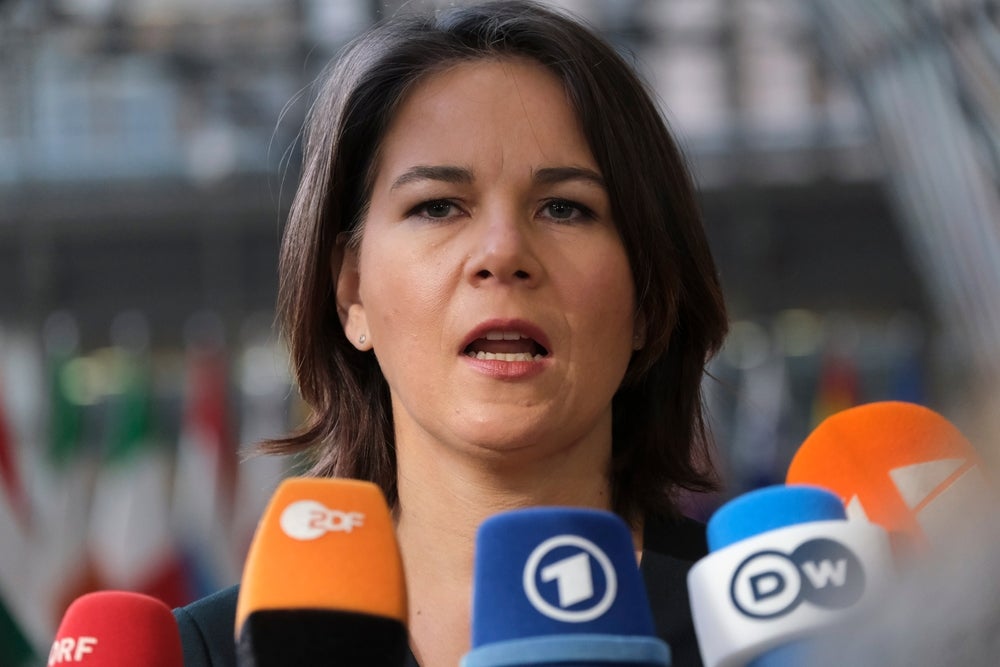


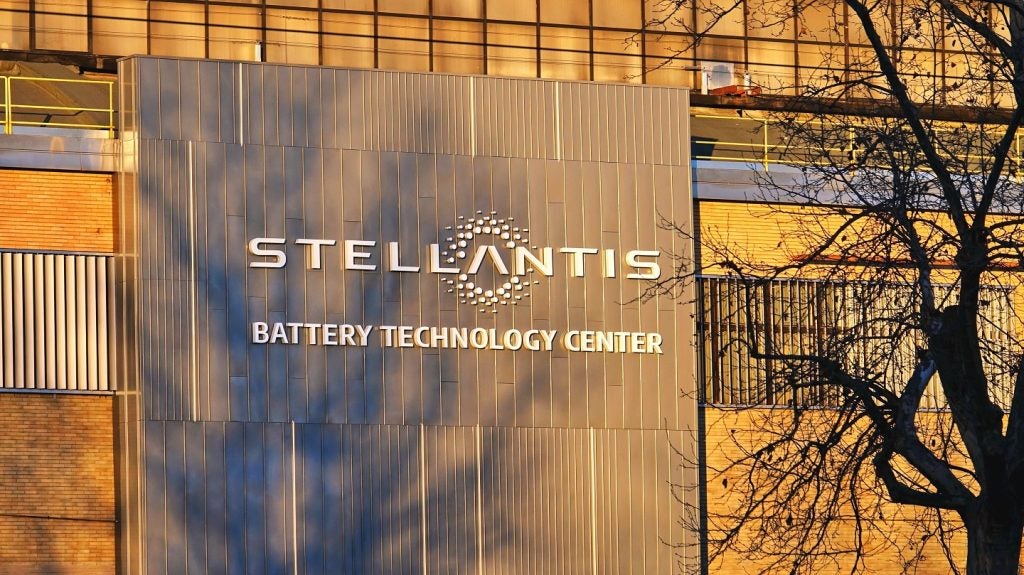
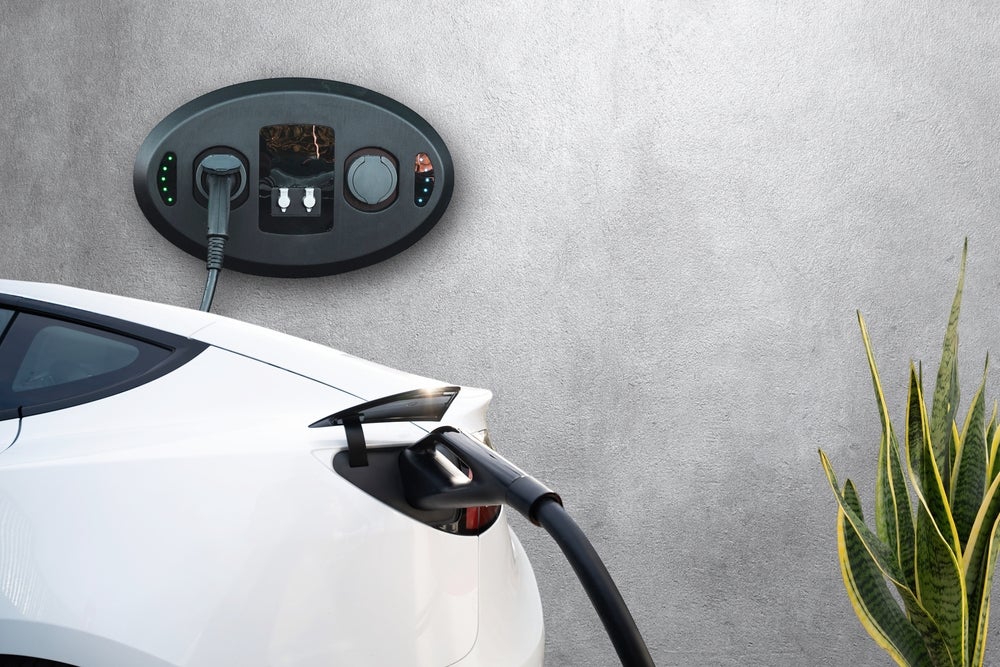
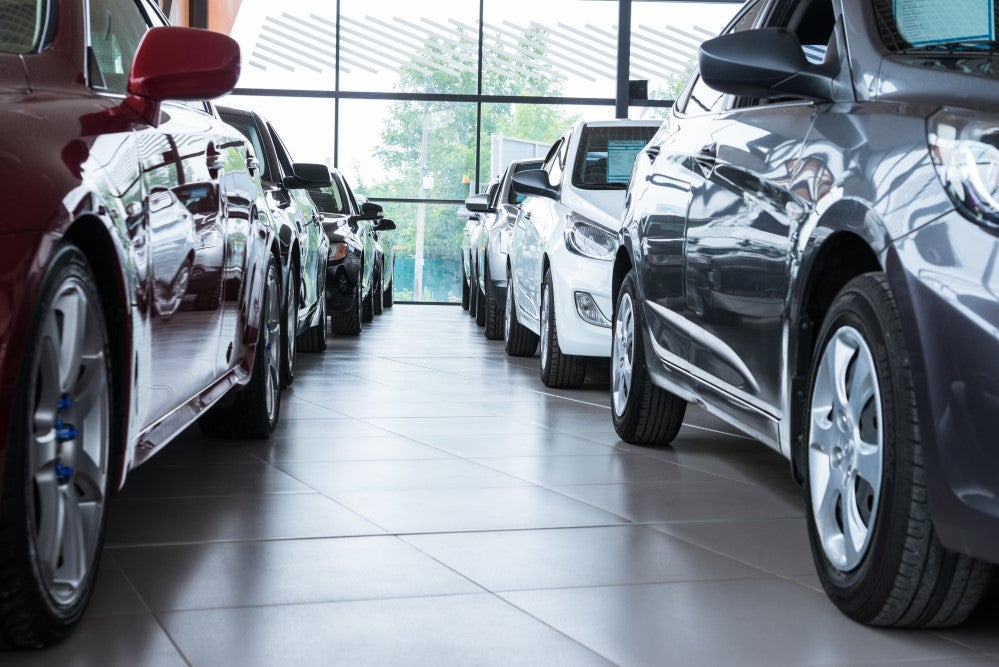


Related Company Profiles
Volkswagen AG
Bayerische Motoren Werke AG
BYD Co Ltd
Renault SA
Nio Inc